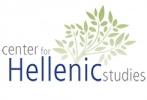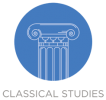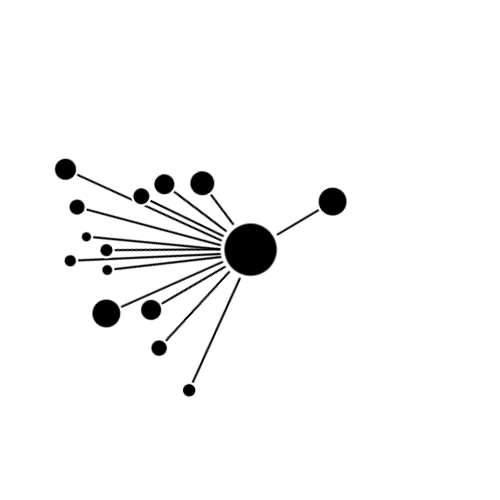Intellectual Networks in the Ancient World
Diogenet is a dataset and series of tools designed for investigating the formation of intellectual communities in ancient Greece. In contrast to most approaches to the intellectual history of antiquity, which center around the study of doctrines, Diogenet was conceived for the exploration of the social structures and cultural semantics that informed the lives of ancient intellectuals. For a practical matter, we conceptualize social structure as embedded social networks, while we see cultural semantics as the discourses produced within such networks.
To tackle the issue of social structure, we are continuously developing and updating our dataset of relations among ancient thinkers, their family members, romantic partners, friends, and benefactors. Unlike other research projects of this kind that restrict access to their data, our data is freely distributed under an opensource license with the aims of promoting collaboration and fostering reproducibility and replicability in research.
This project started with the extraction of social actors and relations among them found in the Lives of Philosophers of Diogenes Laertius, who wrote in the third century CE, about eight hundred years after the appearance of the Pre-Socratics in Asia Minor. In this work, Diogenes reports not only about the theories of philosophers but also their lives. Despite his meticulous accounts, however, Diogenes has been much distrusted by modern historians of philosophy. A main argument raised against his work is based on the apparently excessive attention that he paid to matters perceived as irrelevant for the history of ideas. These digressions are, in fact, stories about the family, friends, romantic relations, benefactors, and travels of ancient philosophers. It is precisely this perceived weakness that makes his work a great starting point for the reconstruction of the social networks of the intellectual of ancient Greece.
Despite Diogenes’ importance, our project is not limited to extracting information from the Lives and we are currently adding other sources to our dataset like the biographies of Pythagoras written by the Neo-Platonists, Porphyry and Iamblichus.
Since we are interested in the impact of geographical mobility and the consumption of foreign ideas on social networks, we have included information about ancient travelers into our dataset. Diogenes Laertius and other ancient sources often point to the importance of philosophers’ travels in the formation of schools of thought, observations that modern classicists often dismissed as fantastic. But new discoveries, which were buried in Assyrian, Babylonian, and Persian archives reveal that the Greeks visited and lived in Near Eastern cities like Babylon and Susa. These findings demand a reexamination of the travels of intellectuals as reported in ancient Greek sources.
Our dataset comes with two web applications —Horus and Map— that allow the immediate examination of the data we have compiled.
Horus allows the visualization of global and local (egocentric) views of networks. Each network that you visualize in Horus is built on a specific type of social tie. So, you can choose from Horus’ menu whether you want to visualize a network of teacher and students, family members, friends and so on. But you can also look at all types of ties at the same time, what constitutes an embedded network, a network of networks or, simply, a global network.
With our Map you can explore the connections of ancient Greek intellectuals to places or, put in another manner, how ancient philosophers established connection between various localities that were spread through the Mediterranean and beyond.



